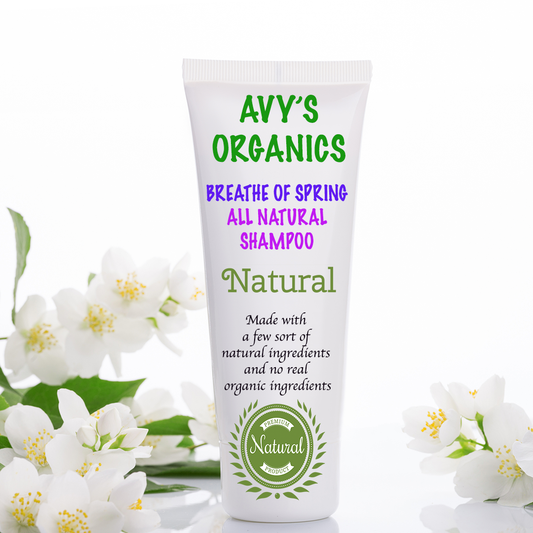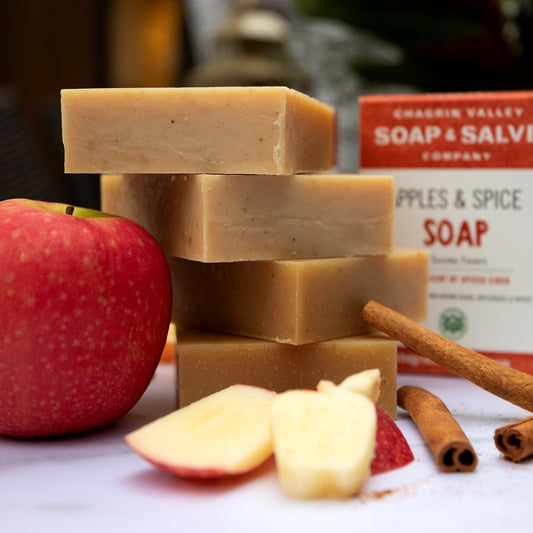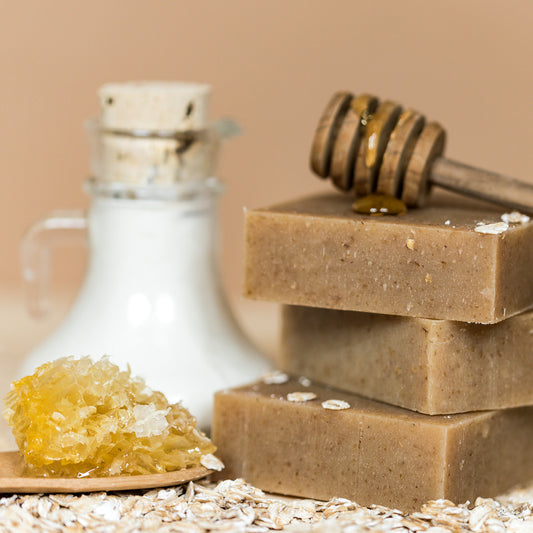Labor Day: A Celebration of Labor
 Labor Day is so much a part of our culture that we rarely pause to consider its purpose and meaning.
Labor Day is so much a part of our culture that we rarely pause to consider its purpose and meaning.
Labor Day is more often associated with fairs, the last summer fling, and long weekends than its original meaning -- a celebration of workers.
I asked a few people, “What comes to mind when you think of Labor Day?” They responded . . .
- the end of the summer
- the last holiday BBQ
- back to school
- football season
- a day of no labor
- autumn
- my sweet mom reminded me that people are not supposed to wear white clothes after Labor Day
It occurred to me that most of us may not know much about this end of Summer, three-day weekend holiday. We know that it recognizes and celebrates our hard-working men and women but not much more.
So, I thought that a little history and statistics about Labor Day would be interesting.
There is still some debate as to who first proposed a holiday for workers. Some believe that Peter J. McGuire, general secretary of the Brotherhood of Carpenters and Joiners and a cofounder of the American Federation of Labor, was first in suggesting a day to honor those "who from rude nature have delved and carved all the grandeur we behold."
Some believe that machinist Matthew Maguire proposed the holiday in 1882 while serving as secretary of the Central Labor Union in New York, after witnessing the annual labor festival held in Toronto, Canada.
 The first celebration of labor in the US, in New York City’s Union Square on September 5, 1882, included a parade of protesting workers who disagreed with the labor conditions of the time.
The first celebration of labor in the US, in New York City’s Union Square on September 5, 1882, included a parade of protesting workers who disagreed with the labor conditions of the time.
Those of you from Oregon, be proud that your state was the first to declare Labor Day an official state holiday in 1887.
In the summer of 1894, a nationwide railroad strike pitted the American Railway Union (ARU) against the Pullman company and the federal government.
Following the deaths of a number of workers during the Pullman Strike, the United States Congress unanimously voted to approve legislation that made Labor Day, the first Monday in September, a national holiday. President Grover Cleveland signed it into law six days after the end of the strike. By that time thirty states already officially celebrated Labor Day.
Throughout American history, workers had to fight to get better pay, shorter hours and safer working conditions.
So, what are we celebrating?
- 6.5 million teachers
- 3 million nurses
- 258,000 firefighters
- 281,000 chefs and cooks
- 825,000 farmers and ranchers
- 96,000 service station attendants
- 183,000 bakers
- 286,000 Taxi drivers and chauffeurs
- over 900,000 law enforcement officers
- and millions more
Of the estimated 155 million workers in the US, 53% are men and 47% are women. About 6 million workers work from home, but the rest commute to work. The average round-trip commuting time to work in the US is 50.6 minutes, or 4.2 hours per week, or 8.75 days (210 hours) per year.
We celebrate Labor Day as a tribute to the hard-working men and women whose "labor" helped to build and continue to build our country.
Our Company is extremely fortunate to have a hard-working, passionate, and talented family of workers. Labor Day reminds me that without their labor, skill, and dedication, Chagrin Valley Soap & Salve would not exist.
As I celebrate with friends and family I will definitely take some time to think about the contributions and achievements of our country’s workers.
However you celebrate, have a safe Holiday.


